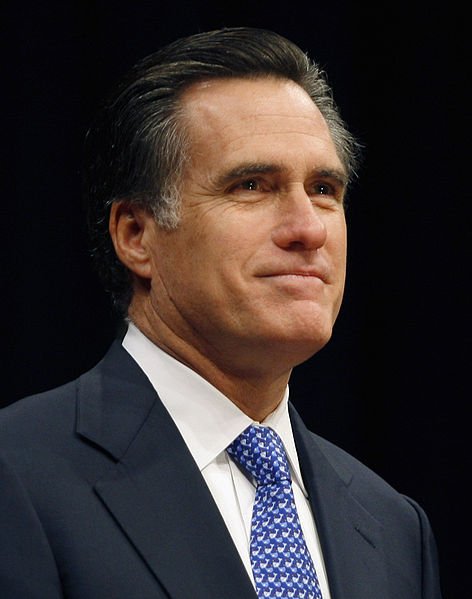The modern political process often creates the environment for a political figure to secure his position in a race before the first vote has even occurred. In the Presidential process for 2012, the Republican race for the nomination is inexorably moving toward one individual, the former governor of Massachusetts, Mitt Romney. The complex requirements of a successful modern candidate are coming together in the figure of Romney, impressive organization, carefully crafted messages that offend the least number of potential voters, and gads and gads of money. As Romney consolidates his position, conservatives are taking notice of Romney’s philosophic underpinnings and are becoming progressively concerned as to whether the Romney philosophy is up to the challenges of our time.
In the parlance of modern organizational tactics and conflict resolution, the United States is in desperate need of a crucial conversation. Authors Patterson, Grenny, et.al., in their best selling treatise on the tools of addressing difficult dialogues, Crucial Conversations, identify three characteristics of a crucial conversation. The conversation required is assured to have a variance of opinion, the stakes are high as to the outcome, and emotions are bound to run strong. The fundamental conversation required to be undertaken by own next leader is about the nation’s burgeoning debt and the need to come to grips with the difficult sacrifices and changes in behavior that will be required to overcome the approaching crisis.
Variance of Opinion – The current President is locked into a philosophic foundation that government’s role is not of a safety net, but rather a equalizer of societal forces. However misguided, this idea is the bedrock of over 35% of the voting electorate and unlikely to be ceded easily without a cohesive argument as to the role of a flexible society that allows the natural upward and downward transitions of people to take place as they seek their individual aspirations. Governor Romney struggles to articulate this critical discussion for fear of offending- this is almost always a sign of lack of personal commitment to an argument that leaves the discussant appearing weak and insecure in the assuredness of their argument.
Stakes Are High – The nation’s financial picture indicates the stakes couldn’t be higher. The United States is facing over 14 trillion in accumulated debt, approaching 100% of the Gross Domestic Product, and has over 100 trillion in accumulated unfunded mandates, that will simply rip the country apart if not addressed and addressed soon. Yet the presumptive Republican candidate can’t even wrap his hands around a chip shot argument like Ethanol subsidies – unneeded, nonmarket sensitive, adversely affecting the country’s energy needs, and unjustified. If Romney can not find a way to discern the end of wasteful subsidies like big Ethanol, how in the world can he be able to take on the crucial conversation of the unsustainable mandates of Medicare, Medicaid, and Social Security?
Emotions Will Run Strong – The summer of 2011 has seen microcosms of the emotions to come in the crucial conversation of unfunded mandates. Wisconsin was roiled with emotion regarding the proposition that government employees should be asked to share a small part of the cost burden of their entitlements, resulting in multiple recall elections and massive unruly demonstrations that attempted to shut down implementation of the consequences of the prior elections. This pattern is additionally playing out in Ohio and in the protests in cities across the nation, as the realization as to what is at stake is becoming clear to all. Romney, however, with the opportunity to express support for the embattled governments of Wisconsin and Ohio who faced up to their fiscal crises and stabilized their budgets, found it impossible even with a friendly audience to declare a commonality of purpose. Everybody knows what these governors faced is nowhere near the emotions that will be released when the country as a whole is asked to undertake sacrifice.
To many conservatives, at the very moment the country needs a principled conservative to articulate a way forward in the burgeoning crisis, we are moving toward nominating a “will o’ the wisp”. As George Will articulates so cogently, is this what we worked so hard to accomplish as conservatives, such that at our moment of the crucial conversation, we put forth a mute?
We could avoid this approaching debacle, if we could figure once again how to get my guy into the race. I know he has said no a hundred times, but there is someone out there having the difficult, the crucial conversation, every day, who can articulate in reasoned, intelligent, and most of all principled fashion the solutions both necessary and tolerable. Sometimes it takes a while for the world to move toward and discover inevitably what it needed all along:
